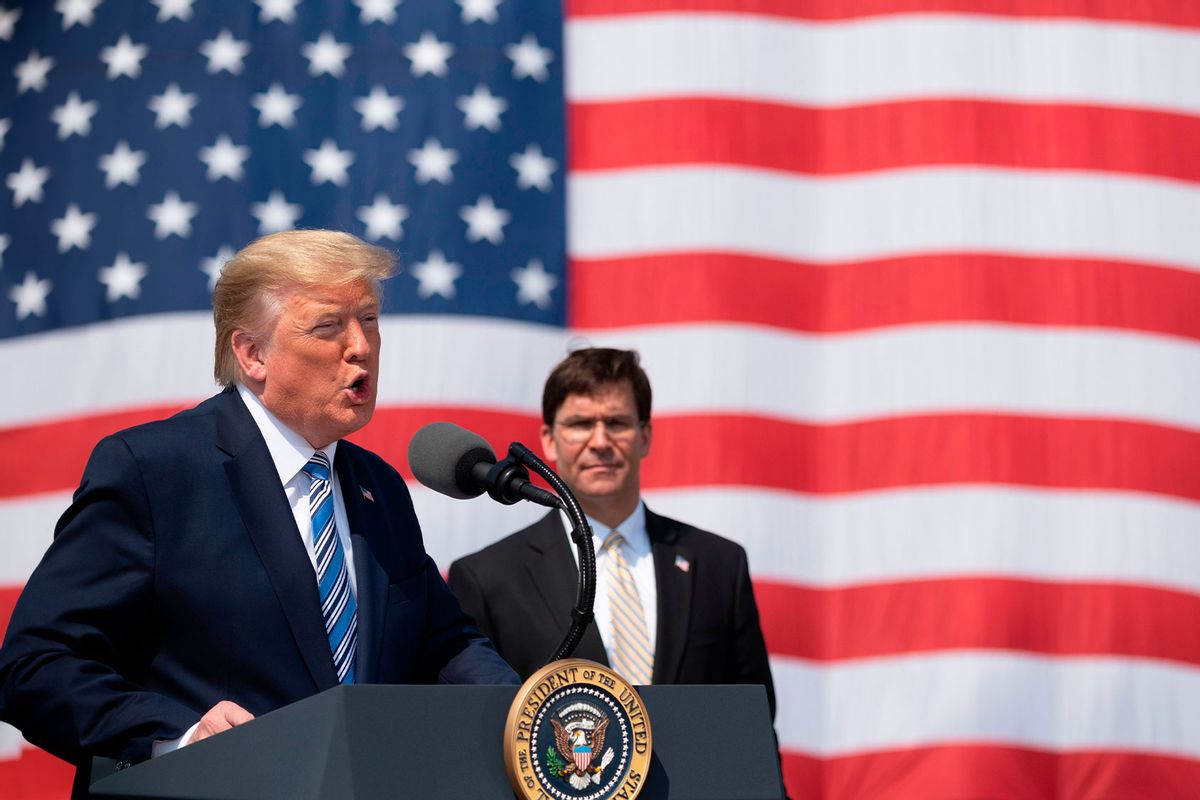In the thick of the pandemic, the Trump-era U.S. military launched what Reuters describes as a “clandestine operation” to spread anti-vaccine sentiments, particularly in the Philippines, as part of an apparent effort to harm Chinese interests, an initiative that ended only after President Joe Biden took office.
The secret campaign, which had not been previously reported, aimed to sow doubt about the safety and efficacy of vaccines and life-saving aid supplied by China, according to Reuters.
By March 2021, Beijing had provided millions of doses of its own COVID-19 vaccine to nearly 70 countries, part of what came to be seen as a sort of vaccine diplomacy, Forbes reported, competing with inoculations produced in the U.S. and elsewhere.
As part of its campaign to sow doubt about public health measures, the Trump-era Pentagon created phony internet accounts wherein Defense Department staff impersonated Filipinos and created social media posts that questioned the utility of face masks, test kits and vaccines. The campaign also specifically singled out China’s Sinovac vaccine, Reuters reported.
The Reuters investigation identified 300 accounts on X, formerly Witter, that matched descriptions obtained from former U.S. military officials familiar with the operation. Almost all the accounts were created in the summer of 2020 and promoted the hashtag "#Chinaangvirus," which translates to "China is the virus."
The accounts were removed by X after the Elon Musk-owned platform determined that the posts were a product of a coordinated campaign, Reuters reported.
The misinformation effort started in the spring of 2020 under President Donald Trump and was terminated after social media executives tipped off the Biden administration. The Trump administration had refused to work with Biden's team during the 2020-21 transition period, denying the next president and his staff access to Defense Department offices and classified briefings.
The campaign went on to expand across Central Asia and the Middle East, where propaganda was tailored to turn Muslims against China’s vaccines by insinuating that the vaccines sometimes contain pork gelatin, which would be forbidden under Islamic law.
Public health experts contacted by Reuters were aghast.
“I don’t think it’s defensible,” said Daniel Lucey, an infectious disease specialist at Dartmouth’s Geisel School of Medicine. “I’m extremely dismayed, disappointed and disillusioned to hear that the U.S. government would do that."
A Pentagon spokeswoman responded to Reuters by saying that the U.S. military “uses a variety of platforms including social media, to counter those malign influence attacks aimed at the U.S., allies and partners.” The spokesperson then pointed the finger at China, saying that it too launched a "disinformation campaign" to "falsely blame the United States for the spread of COVID-19.”
The Pentagon's campaign had been flagged as inauthentic by researchers with Stanford's Internet Observatory, which shut down this week in the wake of Republican criticism that its efforts to combat disinformation on social media amounted to "surveillance" and "censorship," The Verge reported.



Shares